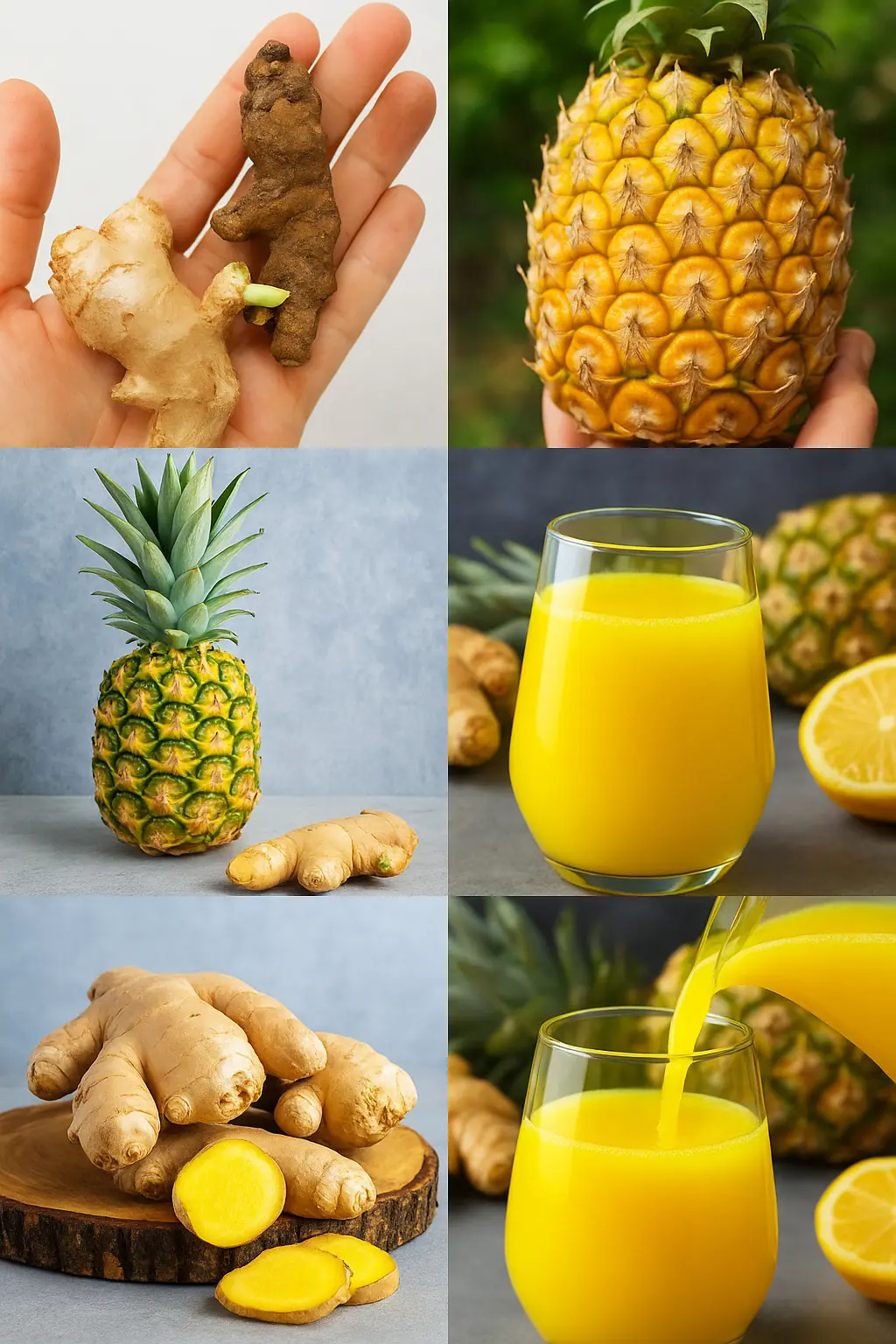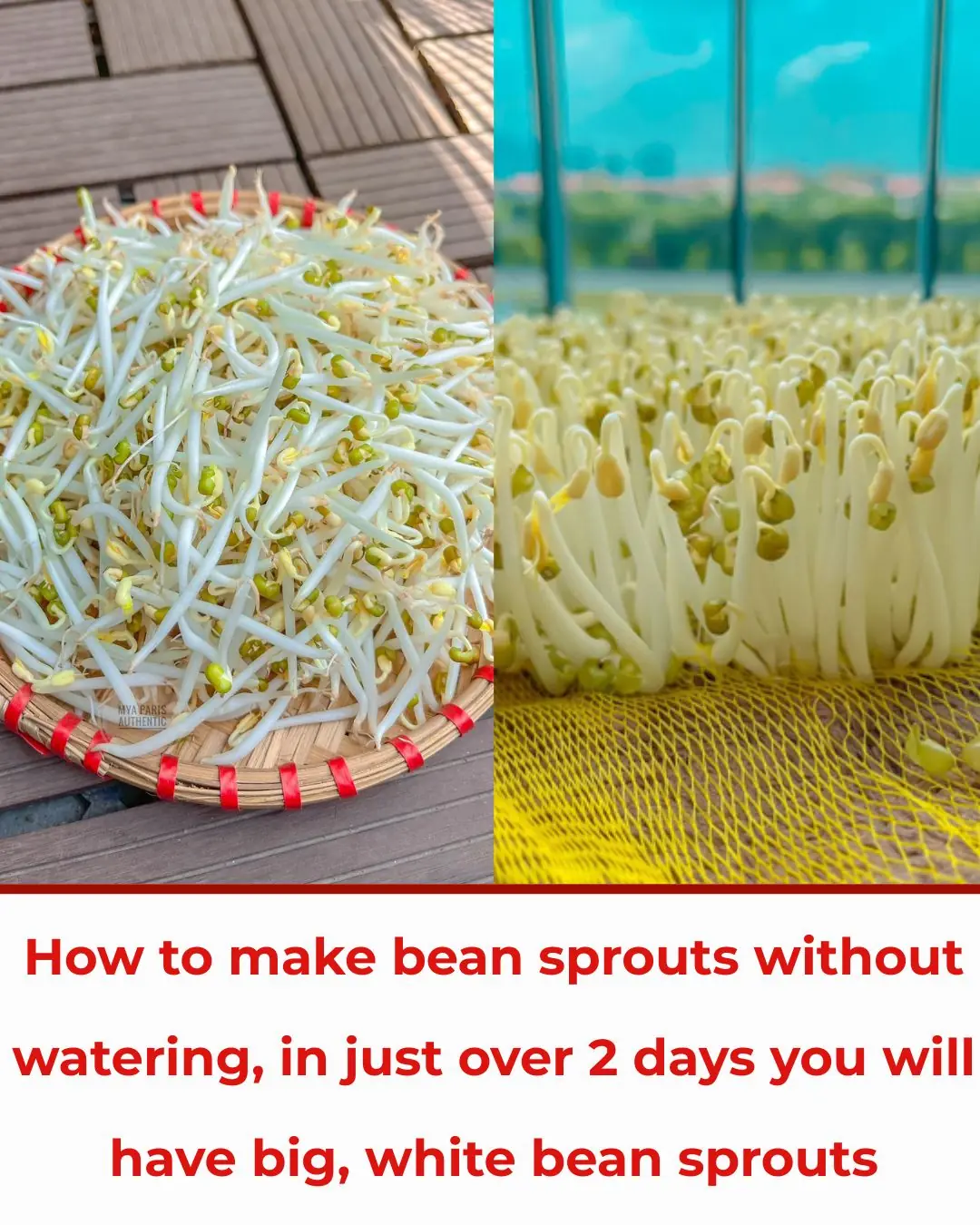
Stop buying these 10 things thinking they're healthy
In today’s health-conscious world, many consumers are eager to make choices that promote their well-being. Supermarkets are overflowing with products labeled as “healthy,” “natural,” or “organic,” leading us to believe that we are making the best choices for our bodies. However, not all products marketed with these labels are as beneficial as they seem. It is crucial to look beyond the packaging and examine the nutritional content of these so-called healthy products to make truly informed choices.
In this article, we will explore eleven common items that people often buy thinking they are healthy, but which can actually be detrimental to overall health. From sugary yogurts to misleading gluten-free snacks, we will examine why these products may not be ideal for maintaining a nutritious diet. By becoming better informed, you can make choices that genuinely support your health, energy levels, and long-term wellness goals.
1. Flavored Yogurt: Packed with Sugar
Flavored yogurts are often marketed as a nutritious snack, rich in calcium and probiotics. Yet many contain as much sugar as a candy bar. A single serving can have up to 20 grams of sugar—equivalent to roughly 5 teaspoons. This high sugar content not only diminishes the health benefits of yogurt but can also contribute to weight gain and an increased risk of metabolic diseases such as type 2 diabetes.
Tip: Choose plain, unsweetened yogurt and sweeten it yourself with fresh fruit, a sprinkle of cinnamon, or a drizzle of honey. This allows you to enjoy the probiotics without the hidden sugar.
2. Veggie Chips: Mostly Starch
Veggie chips are marketed as a healthier alternative to traditional potato chips. However, they are often made from vegetable powders or starches rather than whole vegetables. Processing strips away much of the fiber and nutrients, leaving a snack that is nutritionally similar to regular chips. A single serving can contain around 150 calories with limited health benefits.
Better Option: Make your own veggie chips at home using kale, zucchini, or carrots. Baking or lightly air-frying them preserves nutrients, and you can control seasoning to avoid excessive oils and salt.
3. Granola Bars: Candy in Disguise
Granola bars are widely advertised as a convenient, healthy snack. Yet many are loaded with sugar and unhealthy fats, essentially making them candy bars in disguise. Popular bars can contain up to 25 grams of sugar per serving, leading to energy spikes and crashes, and contributing to long-term health issues.
Homemade Alternative: Use oats, nuts, seeds, and natural sweeteners like honey or maple syrup. Homemade bars allow you to avoid processed sugars and unhealthy fats.
4. Fruit Juice: No Fiber, Just Sugar
Fruit juice is often perceived as a healthful way to get vitamins. However, it lacks the fiber found in whole fruits, causing sugars to be absorbed quickly into the bloodstream and spiking blood sugar levels. For example, a single glass of apple juice can contain up to 24 grams of sugar—comparable to a can of soda.
Tip: Eat whole fruits instead. If you enjoy juice, dilute it with water or opt for fresh-squeezed versions with no added sugar to reduce sugar intake while still enjoying flavor.
5. Diet Soda: Artificial Sweeteners and Hidden Risks
Diet sodas are marketed as a healthier alternative because they contain zero calories and sugar. However, they rely on artificial sweeteners like aspartame or sucralose, which may disrupt gut health and increase cravings for sweet foods. Some research suggests potential links to metabolic changes, though studies are ongoing.
Alternative: Infuse water with fruits or herbs like mint or cucumber for a naturally flavored beverage that poses no known risks.
6. Energy Drinks: Caffeine and Sugar Overload
Energy drinks promise a quick pick-me-up, but they often contain high amounts of caffeine and sugar. One typical drink may have up to 54 grams of sugar and 160 mg of caffeine—exceeding daily recommendations for many people. Regular consumption can cause heart palpitations, anxiety, and sleep disturbances.
Safer Option: Green tea or a small, balanced snack with complex carbs and protein provides sustained energy without the crash.
7. Gluten-Free Snacks: Not Automatically Healthier
The rise of gluten-free diets has led many to assume that gluten-free snacks are healthier. However, these products often contain refined starches and added sugar to mimic texture and taste, sometimes increasing calorie content. Gluten-free cookies, for instance, can have as much sugar and fat as regular cookies.
Tip: Unless you have celiac disease or gluten sensitivity, prioritize whole, minimally processed foods like quinoa, brown rice, or sweet potatoes.
8. Protein Bars: Often High in Sugar and Calories
Protein bars are popular among fitness enthusiasts, but many contain high sugar levels and can provide as many as 350 calories per bar, making them more like a small meal than a snack.
Better Choice: Look for bars with minimal ingredients, high protein, and low sugar. Homemade bars using nuts, seeds, and protein powder are a more reliable way to fuel your body.
9. Low-Fat Salad Dressings: Loaded with Sugar
Low-fat dressings are marketed as diet-friendly, but to make them taste better, manufacturers often add sugar. One serving can contain up to 7 grams of sugar, undermining the health benefits of your salad.
DIY Alternative: Mix olive oil, vinegar, lemon juice, and herbs. This reduces hidden sugar while keeping salads flavorful.
10. Coconut Water: Hidden Sugars in a Trendy Drink
Coconut water is popular for hydration and electrolytes, yet flavored commercial options often contain added sugar. One serving can contain up to 15 grams of sugar, nearly four teaspoons.
Tip: Choose pure, unsweetened coconut water, or stick with plain water, which is always the healthiest hydration option.
11. Agave Nectar: A Sugary Trap
Agave nectar is often touted as a natural sweetener, but it is very high in fructose, which can be harmful in large amounts. Excess fructose consumption is linked to insulin resistance and fatty liver disease. While it has a lower glycemic index than sugar, moderation is key.
Alternative Sweeteners: Use honey or pure maple syrup sparingly, and gradually reduce overall sugar consumption for long-term benefits.
Conclusion
Being “health-conscious” is not just about reading labels—it’s about understanding what’s inside the foods we consume. Many products marketed as healthy are high in sugar, artificial ingredients, or processed starches that can undermine your wellness goals. By choosing whole, minimally processed foods and being mindful of added sugars and hidden calories, you can make informed decisions that genuinely benefit your body and mind. Small changes in shopping habits, like preparing snacks at home and reading ingredient lists, can lead to significant long-term health improvements.
News in the same category


The 'immortality' vegetable grows wild in gardens and is extremely good for the lungs, but Vietnamese people dislike its strange smell so they rarely use it.
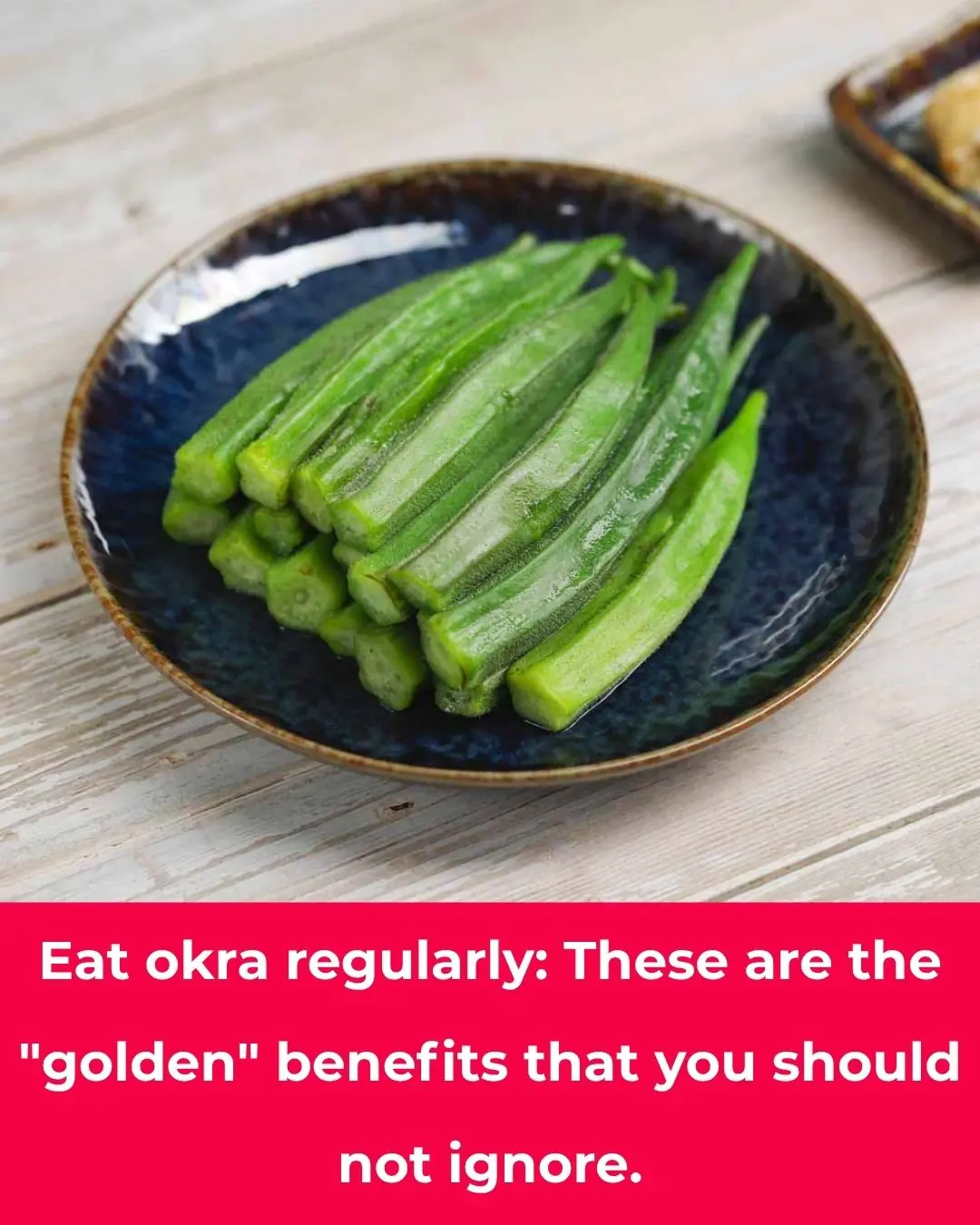
Eat okra regularly: These are the "golden" benefits that you should not ignore.
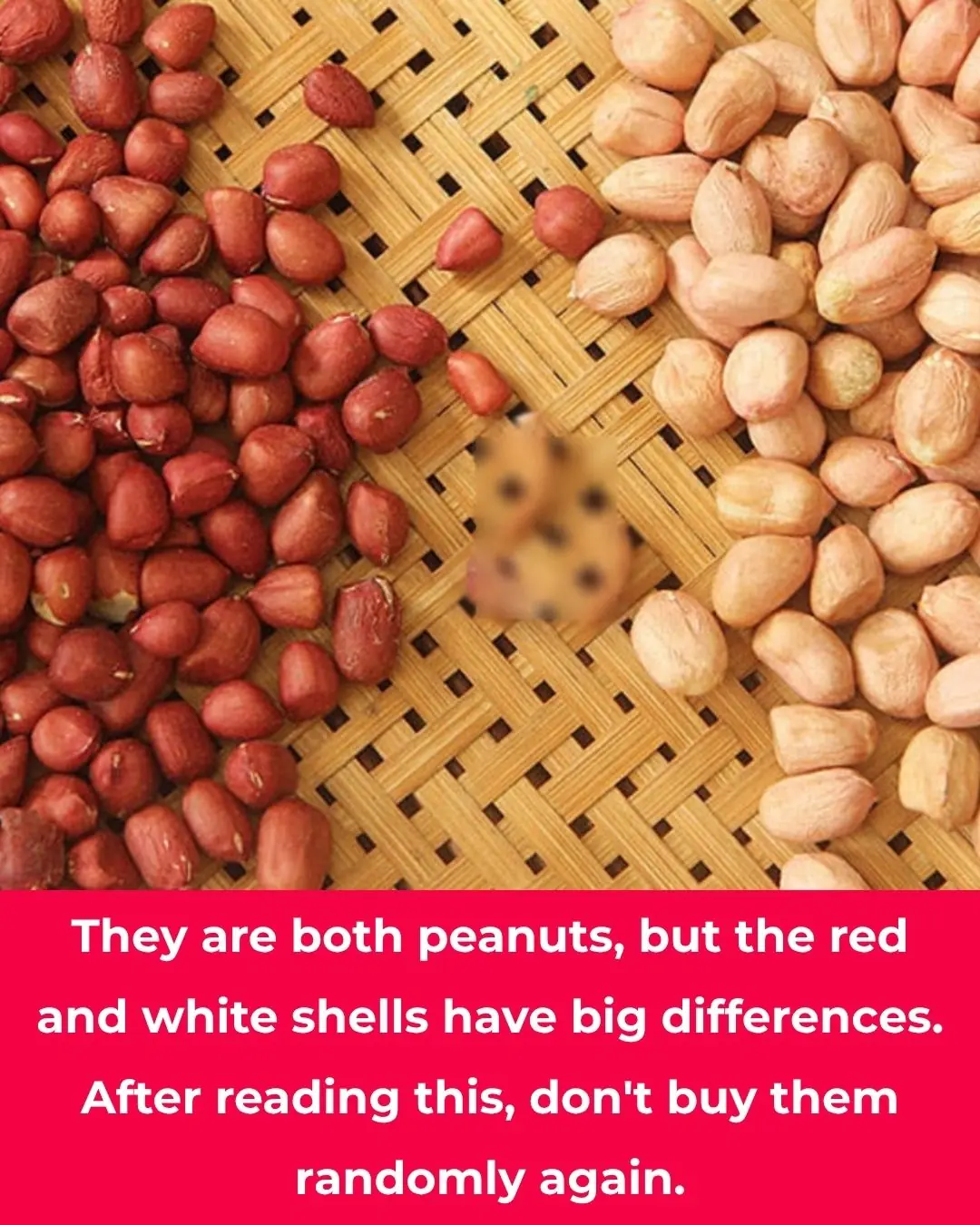
They are both peanuts, but the red and white shells have big differences. After reading this, don't buy them randomly again.
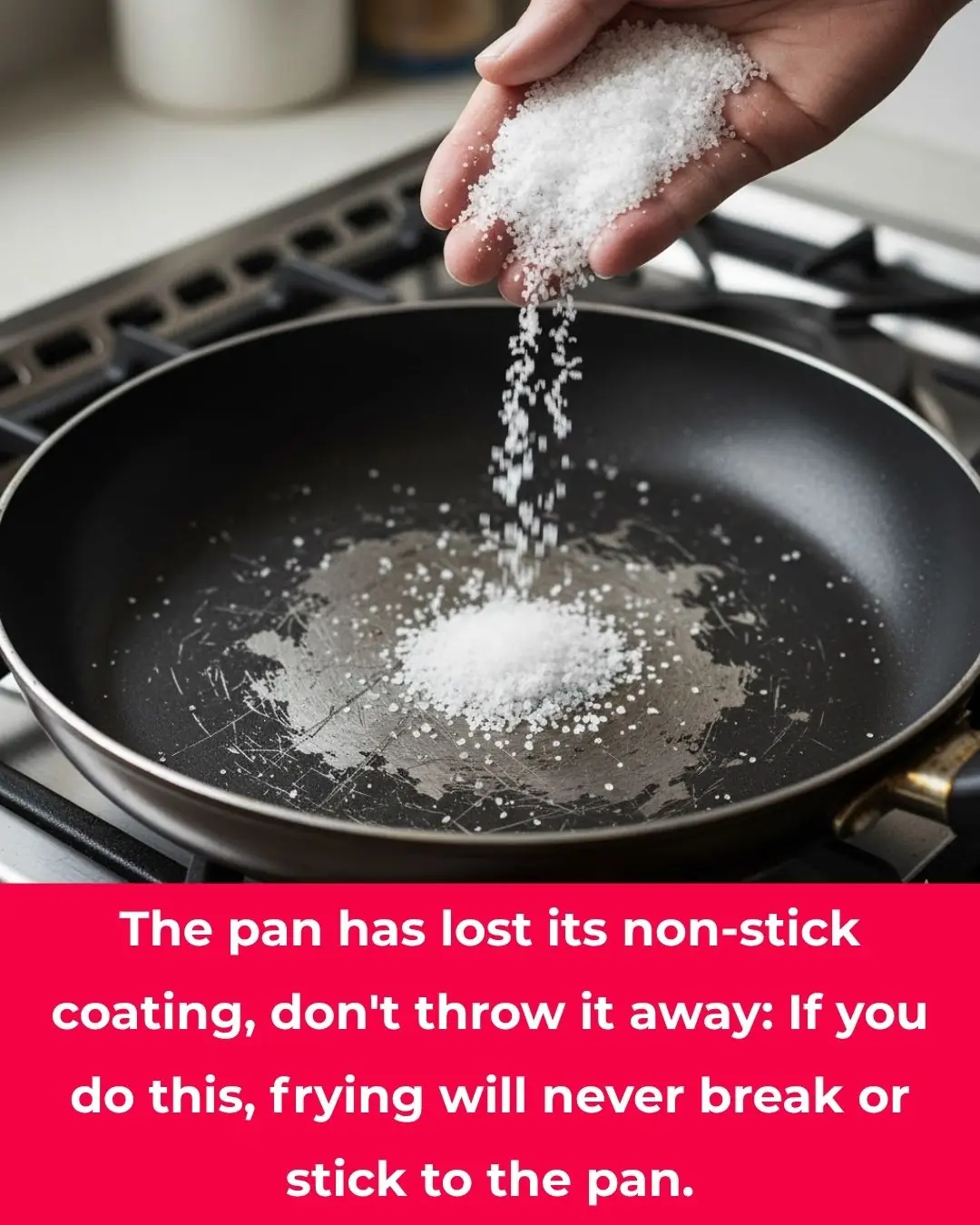
The pan has lost its non-stick coating, don't throw it away: If you do this, frying will never break or stick to the pan.

Your oven hood filter is a greasy mess. Effortlessly get it clean like new again

Stop refrigerating these 10 baked goods
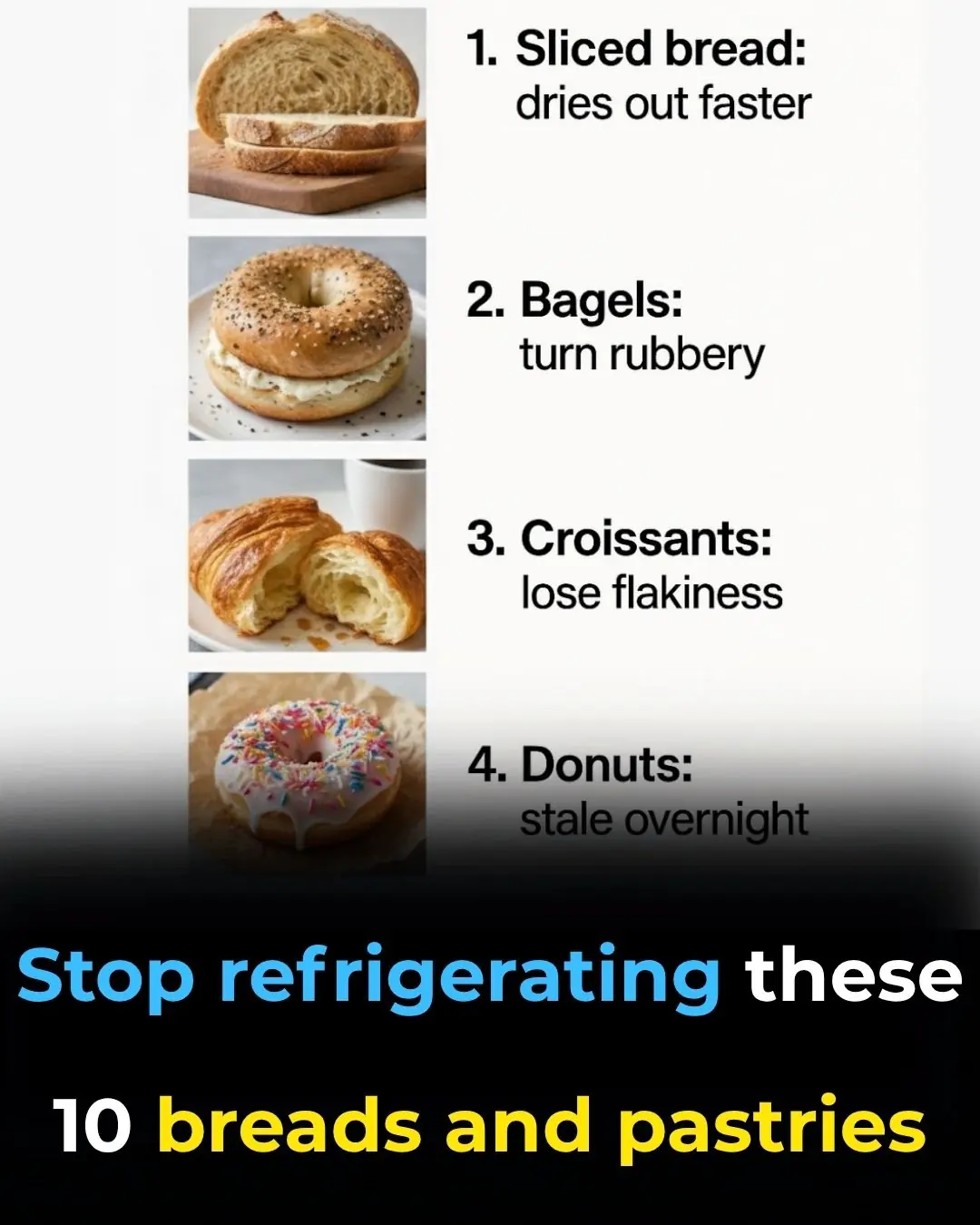
Stop refrigerating these 10 breads and pastries

Stop believing these 10 things

Stop wasting time cleaning these 10 things wrong

Stop using these 10 things wrong

When buying duck eggs, should you choose “white shell” or “green shell”? Sellers reveal a method that only insiders know

Pour boiling water into pickled cabbage, it seems to have a bad taste but it turns out to be a very delicious pickling tip, surprisingly golden and crispy.

Pour a little fabric softener into the bowl, many problems in the house are solved immediately.

When thawing meat, add a few drops of this mixture for 10 minutes to soften the meat and keep it fresh and delicious.

When arranging roses, don't just use plain water. Add a few drops of this and the flowers will bloom. After 10 days, they will still not be fresh.

Squeeze a few drops of lemon into the eggs before frying them. Unexpected benefits that not everyone knows.

When frying fish, just add this to the pan, a miracle happens, the fish becomes golden and crispy, does not fall apart, and sticks to the pan.

No way, I was so out of the loop here
News Post

How to make bean sprouts without watering, in just over 2 days you will have big, white bean sprouts

The 'immortality' vegetable grows wild in gardens and is extremely good for the lungs, but Vietnamese people dislike its strange smell so they rarely use it.

Eat okra regularly: These are the "golden" benefits that you should not ignore.

They are both peanuts, but the red and white shells have big differences. After reading this, don't buy them randomly again.

The pan has lost its non-stick coating, don't throw it away: If you do this, frying will never break or stick to the pan.

Your oven hood filter is a greasy mess. Effortlessly get it clean like new again

Stop refrigerating these 10 baked goods

Stop refrigerating these 10 breads and pastries

The Day My Daughter Taught a Stranger What Beauty Really Means.

The Pickle Jar That Fed a Heart.

Kim Kardashian reveals how North reacted to backlash over fake tattoos and piercings

A Mother’s Struggle: The Elephant Who Wouldn’t Give Up.

“Roll Tide, Roll On”: The Courage of Officer Justin Beal

Danniella Westbrook declares she’s ‘taking it one day at a time’ after hospitalisation

Clay’s Brave Heart: A Mother’s Journey Through Love, Loss, and Courage

Carter’s Journey: A Mother’s Heart in the Midst of Cancer, Faith, and Fear

15 stars we want to see on the Celebrity Traitors season 2 cast – Alison Hammond to Davina McCall

Felicity’s Brave Heart: A Journey Through Fear, Surgery, and Joy

A Mother’s Courage: Lia and Oscar’s Journey Through a Fragile Heart
